WHEN it comes to fertility treatment – specifically IVF – there are fine margins between successful and unsuccessful outcomes – between creating life or failing to bring one into existence.
So, against this emotionally-charged backdrop, is it not wise to always strive to tip the balance in your favour, even when the methods employed might be deemed ‘controversial’?
I’m talking here about acupuncture – the ancient Chinese art which involves inserting fine needles into specific pressure points on the body. It’s said to help ease pain, to aid sleep and digestion, and to improve emotional wellbeing. In more disputed conversations acupuncture is also said to influence reproductive health.
I’m talking here about acupuncture – the ancient Chinese art which involves inserting fine needles into specific pressure points on the body. It’s said to help ease pain, to aid sleep and digestion, and to improve emotional wellbeing. In more disputed conversations acupuncture is also said to influence reproductive health.
Yes, it’s a heated debate and there are strong advocates on both sides and I realise that not everyone is convinced but having conducted my own research, I’m inclined to agree that acupuncture really can make a difference when it comes to falling pregnant through IVF.
We recently logged data from three years of IVF ‘cycles’ at our clinic involving thousands of patients. The evidence showed that there was an elevated pregnancy rate – 66 per cent compared with 60 per cent – in those who underwent acupuncture both immediately before and after embryo implantation, and those who did not.
The thinking goes – and there is some evidence to back this up – that acupuncture can increase blood flow to the uterus while producing neurotransmitters which help with pain relief.
This can make the lining of the uterus more receptive to the embryo when it’s transferred, therefore aiding implantation during IVF. And because acupuncture can also help to relax the cervix, it prevents any painful cramps and again helps with the embryo transfer.
This can make the lining of the uterus more receptive to the embryo when it’s transferred, therefore aiding implantation during IVF. And because acupuncture can also help to relax the cervix, it prevents any painful cramps and again helps with the embryo transfer.
In terms of the acupuncture itself, we’re talking about 25 minute sessions, with a minimal financial cost – less than £50. But even if we’re talking about a placebo effect here, and that acpuncture isn’t really doing what we think it might be doing, if the patient is more relaxed then surely that’s still beneficial?
We all appreciated that undergoing IVF can be a stressful time. And if your body is overwhelmed with stress, then it’s not functioning properly. It goes into ‘fight or flight’ mode at the sign of a perceived danger. That is not conducive to reproductive health. So if acupuncture can help to reduce this stress then it clearly has its place as part of clinical fertility treatment. Those who dismiss acupuncture out of hand could simply be missing a trick.
- HFEA wrong to criticise foreign IVF clinics - 17th April 2018
- Can acupuncture assist IVF? - 19th March 2018
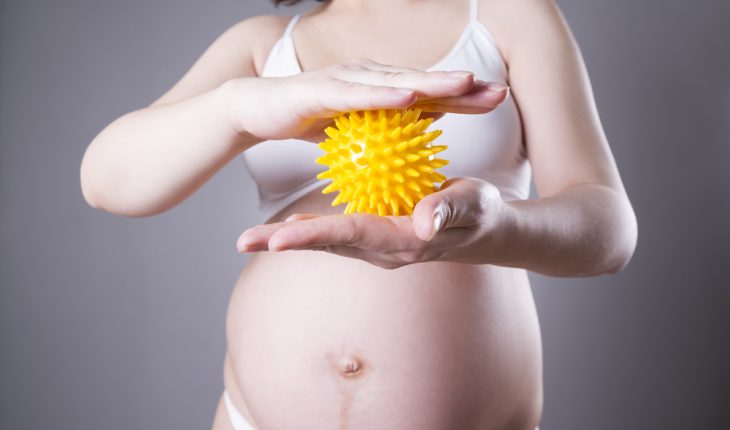
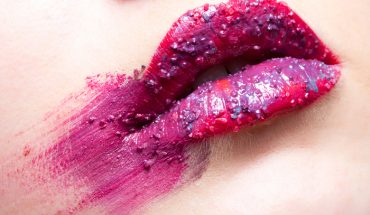
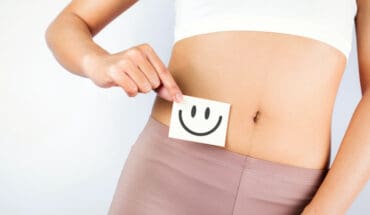
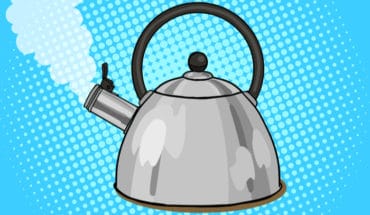


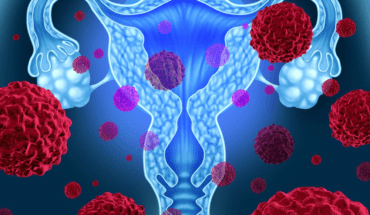
Both acupuncture and homeopathy may exert only placebo effects if at all they do that.